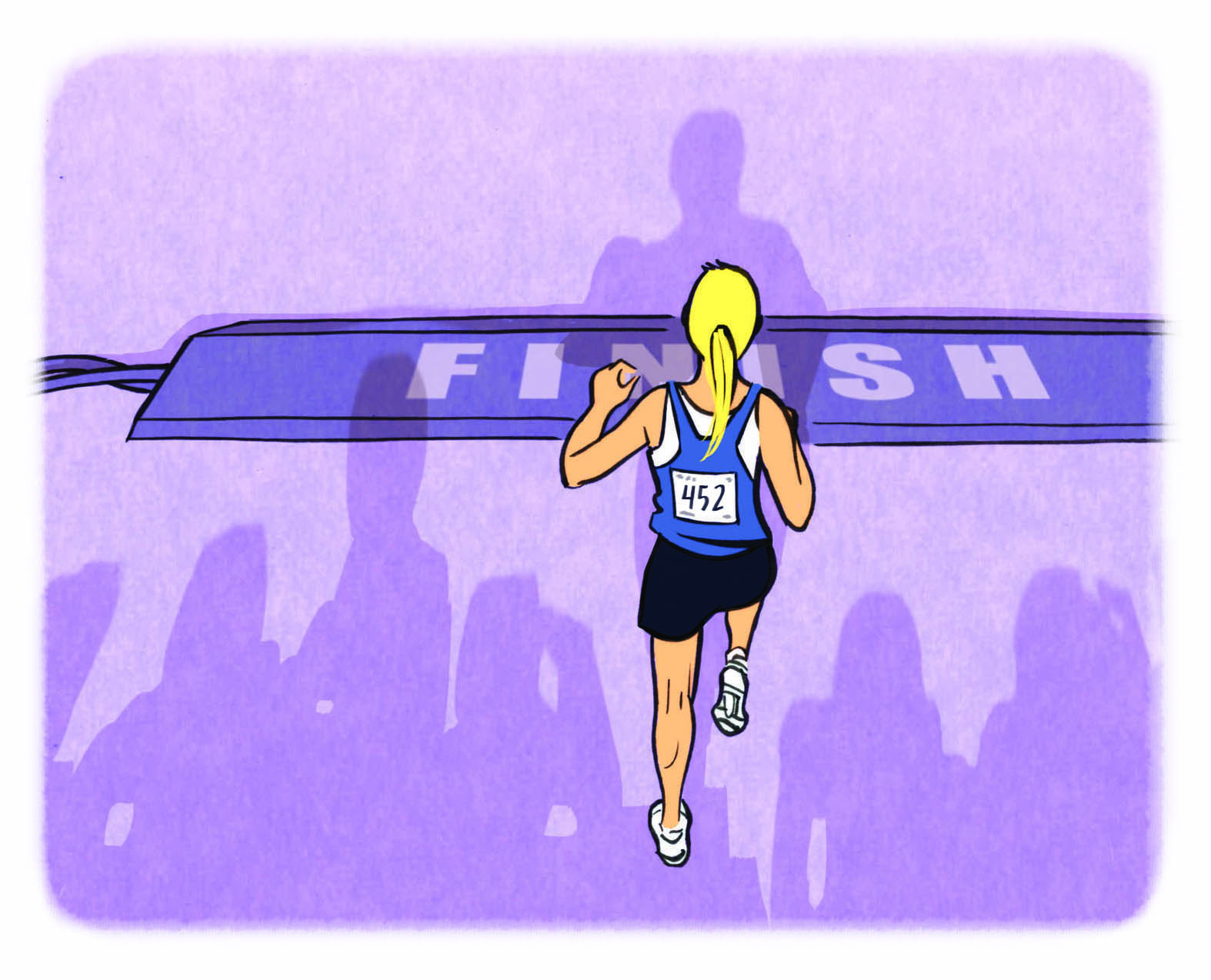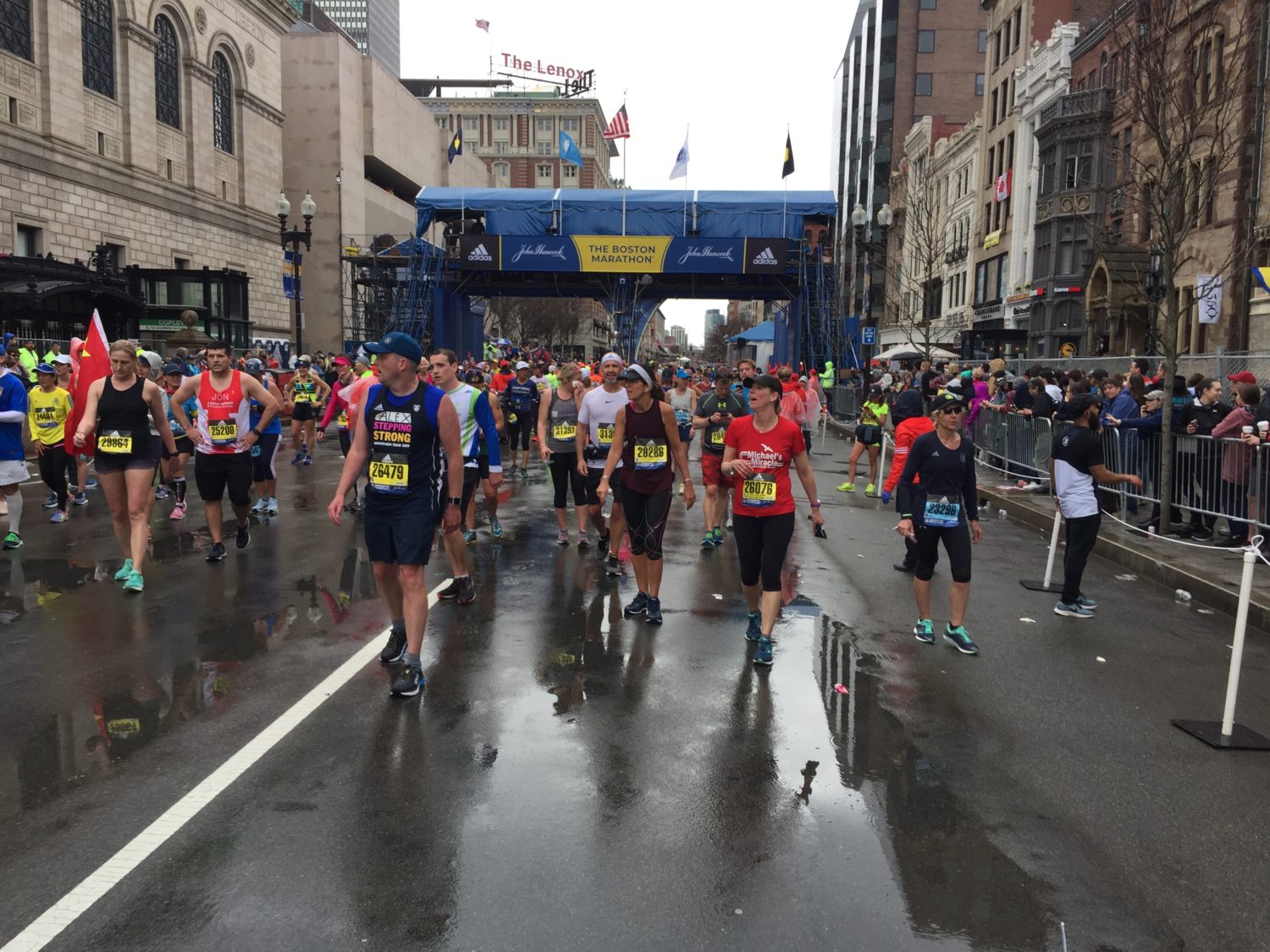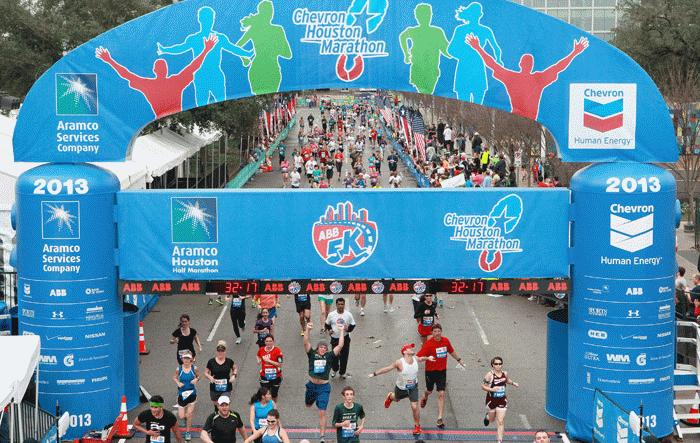The do’s and don’ts of post-marathon recovery
Recovery starts as soon as you cross the finish line

With just a few races left on the calendar, the fall marathon season is beginning to wind down. Runners across the country have spent the last few months training for their goal races and now there’s one thing left to do: recover. What you do (and don’t do) in the hours and days after your marathon is just as important as your training to ensure you can recover properly to avoid injuries and of course, to do it all again! If you’ve already finished your goal marathon, keep these do’s and don’ts in mind for next time, and if yours is still upcoming, follow this advice to ensure you recover well after your big effort.

Do’s
Hydrate: This should be your first priority when you cross the finish line. After a marathon, you need to not only drink water, but to replace the electrolytes you lost during the race. In fact, most experts suggest consuming 24 ounces (700ml) of liquid for every pound of body weight lost, and one gram of sodium for every litre of water you drink. So if you lose one pound during your marathon, you’ll need 700ml of water and 700mg of sodium.
Eat a recovery meal: You may not feel like eating immediately after you cross the finish line, but it’s important to at least have something small as soon as possible. Once your stomach has settled, you should aim to eat a well-balanced meal that contains a mixture of carbohydrates, fat, protein and micronutrients.
Walk: Or do some other form of gentle activity. As tempting as it is to just sit down and not move, you’re better off doing some light, easy movement, like a slow walk, for about 30 minutes after the race to allow your heart rate to return to normal and to keep your blood flowing through your muscles to help clear lactic acid and kick-start the recovery process.

Don’ts
Drink too much: Alcohol, that is. Of course, you’re going to want to celebrate your accomplishment, but alcohol can negatively impact your muscles’ recovery process. On top of that, many runners make the mistake of switching to beer before they’ve fully rehydrated after the race. Since alcohol is a diuretic, drinking too much before you’ve had enough water and electrolytes can dehydrate you even further. This doesn’t mean you can’t have a couple of cold ones to celebrate, but make sure you prioritize proper hydration and post-race nutrition first, then drink in moderation after.
Limit your food intake: You’ll be taking some time off running after your marathon is complete, but this doesn’t mean you should be cutting back on how much you’re eating. Your body is going to be in recovery mode for several days or even weeks, and it needs calories and nutrition in order to repair itself. If you find your appetite is suppressed in the days following a marathon, make sure you take advantage of the times when you are hungry and eat. As much as possible, try to make sure the food you’re eating are nutrient-dense, too.
Return to activity too soon: After a marathon, you should take your time with the comeback. Your body will be stressed after months of marathon training, and the only way to bring it back to normal is through rest, so don’t rush it. Opt for low-intensity activities, like walking or yoga, for at least a couple of weeks before you attempt to run again. For some runners, this can be a frustrating time, but do your best to embrace the downtime and be patient: if you allow yourself to fully recover, you’ll be able to start your next training cycle off stronger and healthier.


